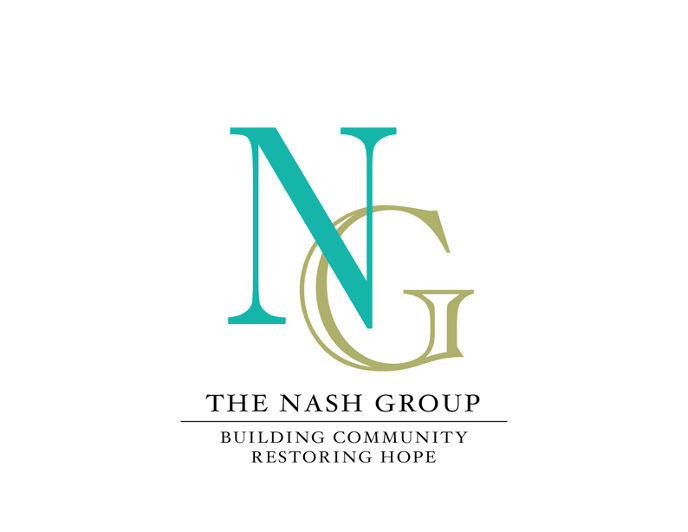Course Title: Collaboration with Faith-Based Organizations in Developing LIHTC Affordable Housing Projects
Course Description
Embark on a transformative educational experience with the Nash Group Training and Education Platform as you explore the dynamic intersection of faith-based organizations and affordable housing development. This online course is designed to equip participants with the knowledge, strategies, and best practices necessary for fostering productive partnerships and collaborations with faith-based entities in the creation of impactful Low-Income Housing Tax Credit (LIHTC) affordable housing projects. Through engaging discussions, case studies, and practical insights, participants will gain a deeper understanding of the unique roles, contributions, and opportunities for leveraging the resources and networks of faith-based organizations to address housing needs in underserved communities.
Course Topics
1. Introduction to Faith-Based Organizations in Affordable Housing: Missions, Values, and Community Engagement
2. Identifying and Engaging Potential Faith-Based Partners for LIHTC Projects
3. Leveraging Resources and Capacity-Building Opportunities through Faith-Based Collaborations
4. Incorporating Ethical and Religious Considerations in Affordable Housing Development
5. Enhancing Community Outreach and Engagement Strategies with Faith-Based Partners
6. Cultivating Relationships and Building Trust with Faith-Based Stakeholders
7. Addressing Social Justice and Equity Issues through Faith-Based Approaches in Affordable Housing
8. Evaluating Performance and Impact Metrics in Faith-Based Housing Initiatives
Learning Objectives
Upon completion of this course, participants will be able to:
1. Understand the missions, values, and community involvement of faith-based organizations in the context of affordable housing development.
2. Identify potential faith-based partners, engage in meaningful collaborations, and leverage the unique resources and networks offered by faith-based entities for LIHTC projects.
3. Explore opportunities for capacity building, resource sharing, and sustainable partnerships with faith-based organizations to enhance the impact and effectiveness of affordable housing initiatives.
4. Incorporate ethical and religious considerations into the planning, design, and implementation of LIHTC affordable housing projects in alignment with the values and beliefs of faith-based partners.
5. Develop community outreach strategies, communication plans, and engagement frameworks tailored to effectively work with faith-based stakeholders and amplify community support for affordable housing initiatives.
6. Build trust, cultivate relationships, and navigate cultural sensitivities when engaging with faith-based organizations, fostering collaborative environments conducive to successful project outcomes.
7. Address social justice, equity, and inclusion issues through the lens of faith-based approaches in affordable housing, promoting principles of fairness, compassion, and empowerment in project design and implementation.
8. Evaluate performance metrics, measure impact, and assess the effectiveness of faith-based housing initiatives in achieving housing stability, community empowerment, and positive social outcomes.
Value to the Participant
This course offers significant value to a diverse range of stakeholders involved in affordable housing development, including developers, nonprofit organizations, housing agencies, and community leaders seeking to explore innovative partnerships with faith-based organizations. By gaining insights and strategies for collaborating effectively with faith-based entities, clients can tap into a wealth of resources, expertise, and community connections to advance their LIHTC affordable housing projects with a holistic, community-centered approach. Participants will emerge equipped with the knowledge and skills to engage ethically, respectfully, and authentically with faith-based stakeholders, unlocking new avenues for community engagement, social impact, and sustainable housing solutions. Ultimately, this course empowers clients to harness the transformative potential of faith-based collaborations, foster inclusive and equitable housing practices, and drive positive change in affordable housing development through meaningful partnerships with faith-based organizations.

Office Locations
We've got two main hubs: one where the BBQ is sizzling and the jazz is smooth (Kansas City, Missouri) and another where the palm trees sway and the sunshine never quits (West Palm Beach, Florida). Come visit us and get a taste of the good life in both places!
Contact Information
Need to reach me? Try the classic phone call at
(816) 213-4461,
shoot me an email at
tnash@thenashdevelopmentgroup.com
or send a good ol' carrier pigeon my way. Just make sure it doesn't get distracted by any shiny objects along the way!
Events
Coming Soon: Upcoming Kansas City Conference
Coming Soon: Upcoming West Palm Beach Conference
Your use of the website or any of the information available on it does not constitute a professional services relationship between you and the Nash Group, LLC or its affiliates. The information provided on the website is for general informational purposes only and does not constitute professional advice or an offer to sell or a solicitation to buy securities. The Nash Group, LLC does not provide investment advice. The Nash Group, LLC's website is not to be construed as a recommendation to engage in a transaction with a particular party. You should always consult with your retained professional advisor(s) concerning your particular circumstances. Some of the information may have been provided by third parties and is based solely on information provided to The Nash Group, LLC by that third party. The Nash Group, LLC is not responsible for any information provided by third parties, and The Nash Group, LLC disclaims any responsibility for ensuring the information is accurate or up to date. Any opinions or conclusions expressed by any third party should not be construed as opinions or conclusions of The Nash Group, LLC. The Nash Group, LLC will not be liable for any loss or damage that may arise out of your use of any of the information available on the website. This website provides links to websites owned by other parties. The content of such sites is not within The Nash Group, LLC's control and The Nash Group, LLC has no responsibility for the information or content thereon.
